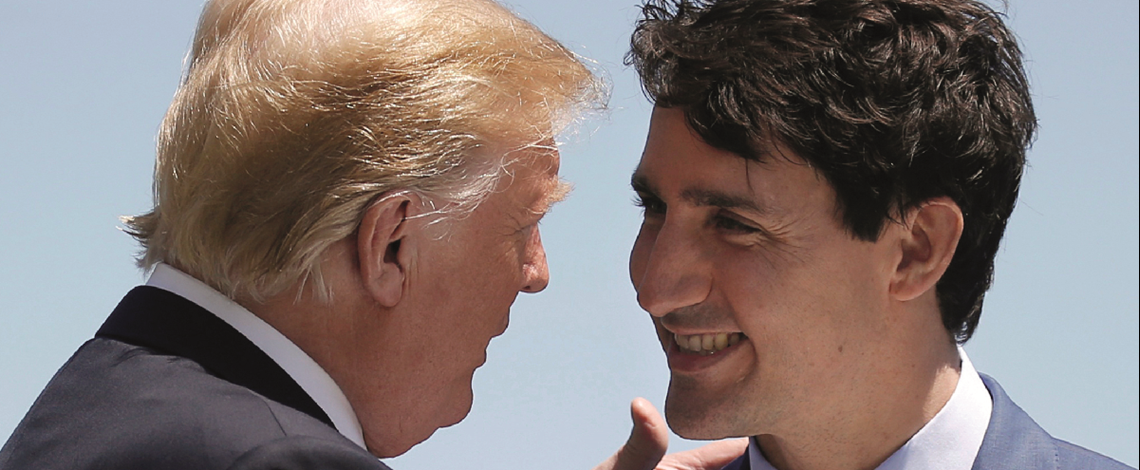USMCA designed to keep Canada from China's orbit
Despite the deal's benefits, the US veto raises increased uncertainties over trade and investment
The new US-Mexico-Canada agreement, or USMCA, which is expected to be signed by the end of November, offers its most northerly signatory an energy 'win' by scrapping a controversial decades-old proportionality clause. But a US say in Canada's ability to strike trade agreements raises a more concrete concern than the largely symbolic victory. The USMCA, which will replace the North American Free Trade Agreement (Nafta), eliminates a proportionality clause which required Canada to maintain a fixed proportion of oil exports to the US, even in the event of a supply disruption. It was a holdover from the original US-Canada free trade agreement, signed in the late 1980s, when long queues at Americ

Also in this section
8 May 2024
Despite Australia’s first import terminal nearing completion, the prospect of additional regasification projects is far from certain
7 May 2024
Ample stocks and a soft demand outlook will limit how much LNG Europe can import this year
3 May 2024
Upcoming elections are likely to deliver a win for the party of president Andres Lopez Obrador, but analysts differ over to what degree his successor will stick to his energy policies







